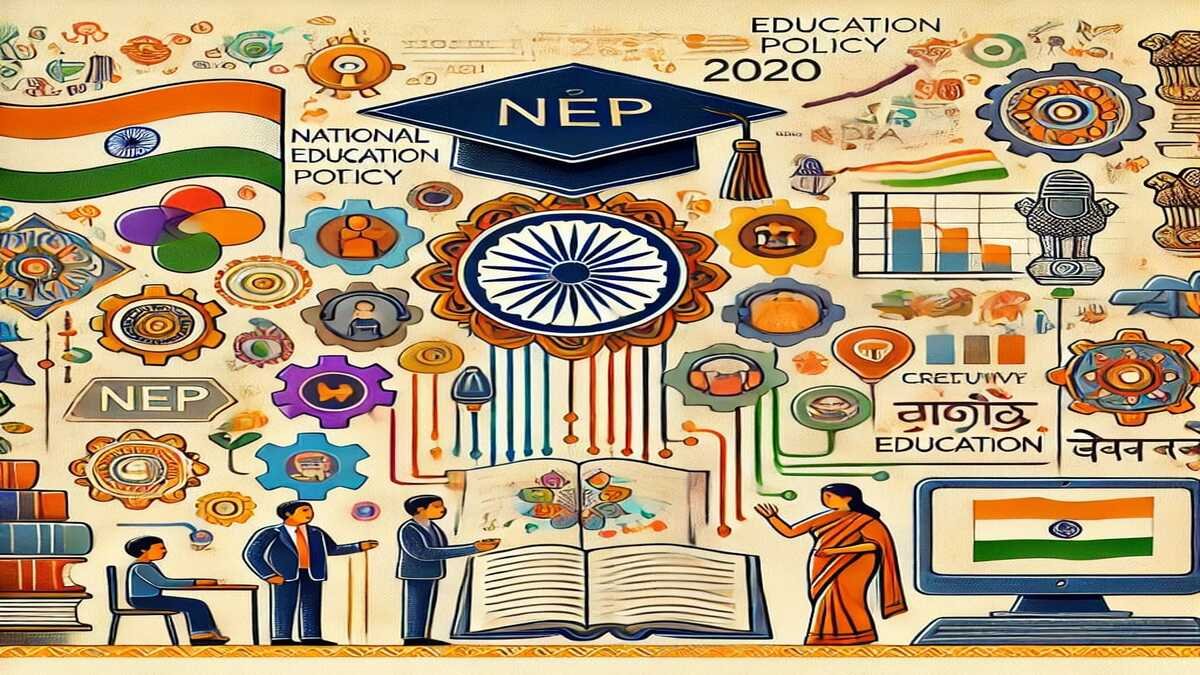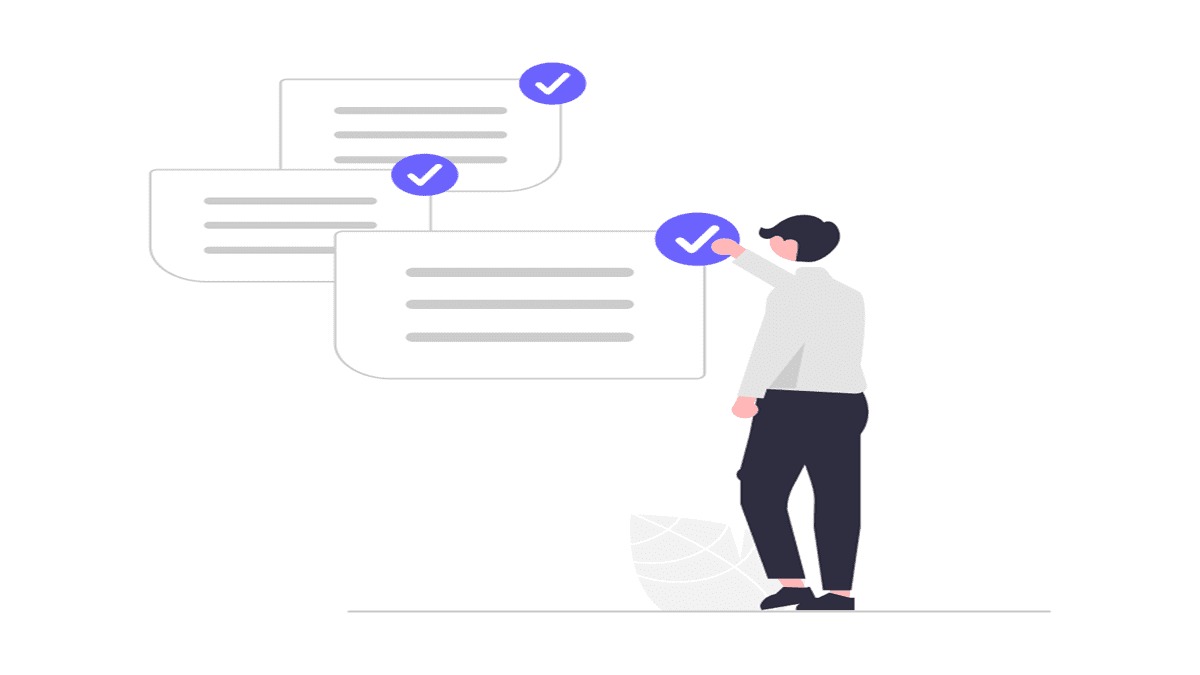
The National Education Policy (NEP) 2020 introduces a paradigm shift in India’s education structure, replacing the decades-old 10+2 system with the innovative 5+3+3+4 model. This new structure is designed to align with the psychological and developmental needs of children, ensuring a more flexible, inclusive, and skill-oriented learning environment.
Understanding the 5+3+3+4 Structure
The new education framework divides school years into four key stages based on age and learning requirements:
1. Foundation Stage (5 Years)
Age Group: 3 to 8 years
Focus: Early childhood education through play, discovery, and activity-based learning.
Components:
3 years of pre-primary education
Classes 1 and 2
Objective: To nurture curiosity, basic literacy, numeracy, and motor skills in a stress-free environment.
2. Preparatory Stage (3 Years)
Age Group: 8 to 11 years
Focus: Transition from play-based learning to structured education.
Includes: Classes 3 to 5
Key Elements:
- Development of language, numeracy, and foundational knowledge.
- Use of creative teaching methods, such as storytelling, experiments, and project-based activities.
3. Middle Stage (3 Years)
Age Group: 11 to 14 years
Focus: Multidisciplinary learning with the introduction of abstract concepts and skill-based education.
Includes: Classes 6 to 8
Key Features:
- Hands-on learning and subject exploration.
- Vocational training and local internships to promote practical skills.
4. Secondary Stage (4 Years)
Age Group: 14 to 18 years
Focus: Specialized learning with a multidisciplinary approach.
Includes: Classes 9 to 12
Highlights:
- Flexibility to choose subjects across streams (e.g., combining Math with Music or Science with Arts).
- Emphasis on critical thinking, problem-solving, and career readiness.
KEY REFORMS OF NEP 2020
Integrated Learning: The new framework allows students to blend academic and vocational subjects, breaking the rigid boundaries between Arts, Science, and Commerce.
Regional Language in Early Education: Students will be taught in their mother tongue or regional language up to Class 5, fostering a deeper understanding of core concepts.
Skill Development from an Early Age: Students will engage in vocational training and internships from Class 6 onwards, equipping them with practical knowledge and hands-on experience.
Flexible Board Exams: Board exams will now test students' core competencies rather than rote learning. Students will also have multiple chances to improve their performance.
Performance Accountability: Unlike the previous system, students in Classes 5 and 8 must achieve passing marks to advance, ensuring a stronger foundation.
THE NEW SYSTEM AT A GLANCE
The 5+3+3+4 model creates a structured and gradual learning journey:
- The first five years focus on foundational skills for children aged 3 to 8.
- The next three years target interactive and exploratory learning for students aged 8 to 11.
- The following three years emphasize vocational training and abstract learning for those aged 11 to 14.
- The final four years allow students aged 14 to 18 to specialize in their interests, preparing them for higher education or careers.
WHY NEP 2020 IS A GAME-CHANGER
Holistic Development: Students will grow academically, emotionally, and socially, fostering a well-rounded personality.
Future-Ready Skills: By emphasizing critical thinking, creativity, and hands-on learning, NEP 2020 prepares students for global challenges.
Accessible and Inclusive Education: The policy ensures education reaches every corner of the country, bridging gaps in socio-economic inequality.
Lifelong Learning Culture: Early exposure to vocational and multidisciplinary learning instills a habit of continuous education.
The National Education Policy 2020 is a forward-thinking reform that transforms India’s education landscape. By focusing on inclusivity, flexibility, and skill development, it ensures that students are prepared not just for exams but for life. The shift from 10+2 to 5+3+3+4 represents a new era in education—one that values knowledge, creativity, and practical skills equally.
With NEP 2020, India is paving the way for a future where education empowers every child to realize their potential and contribute meaningfully to society.






